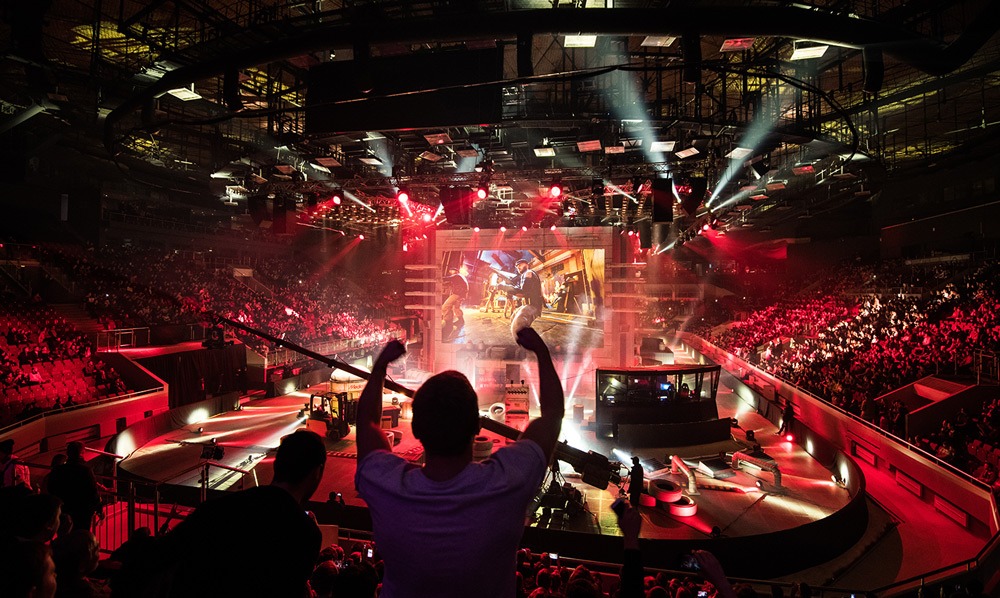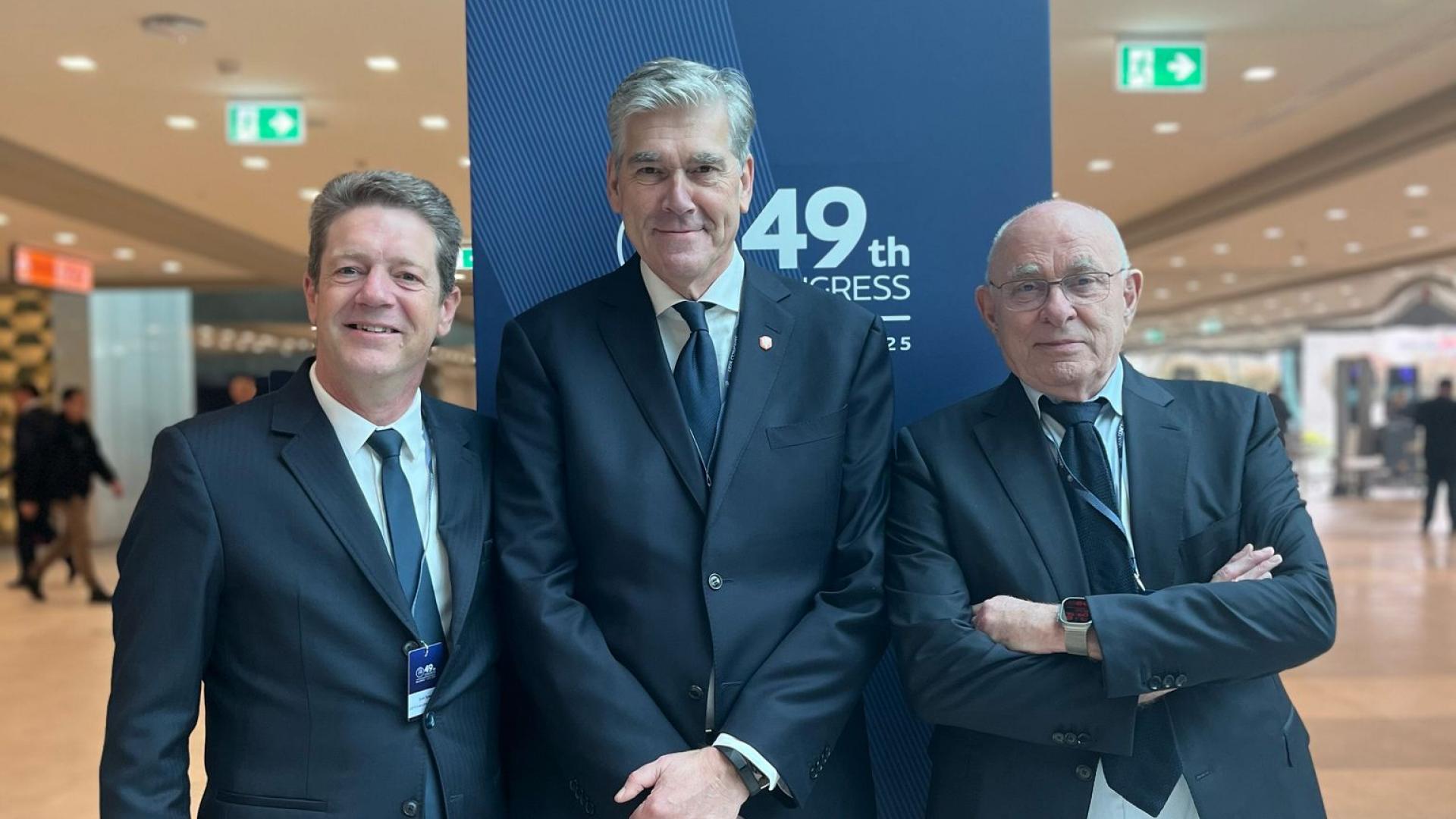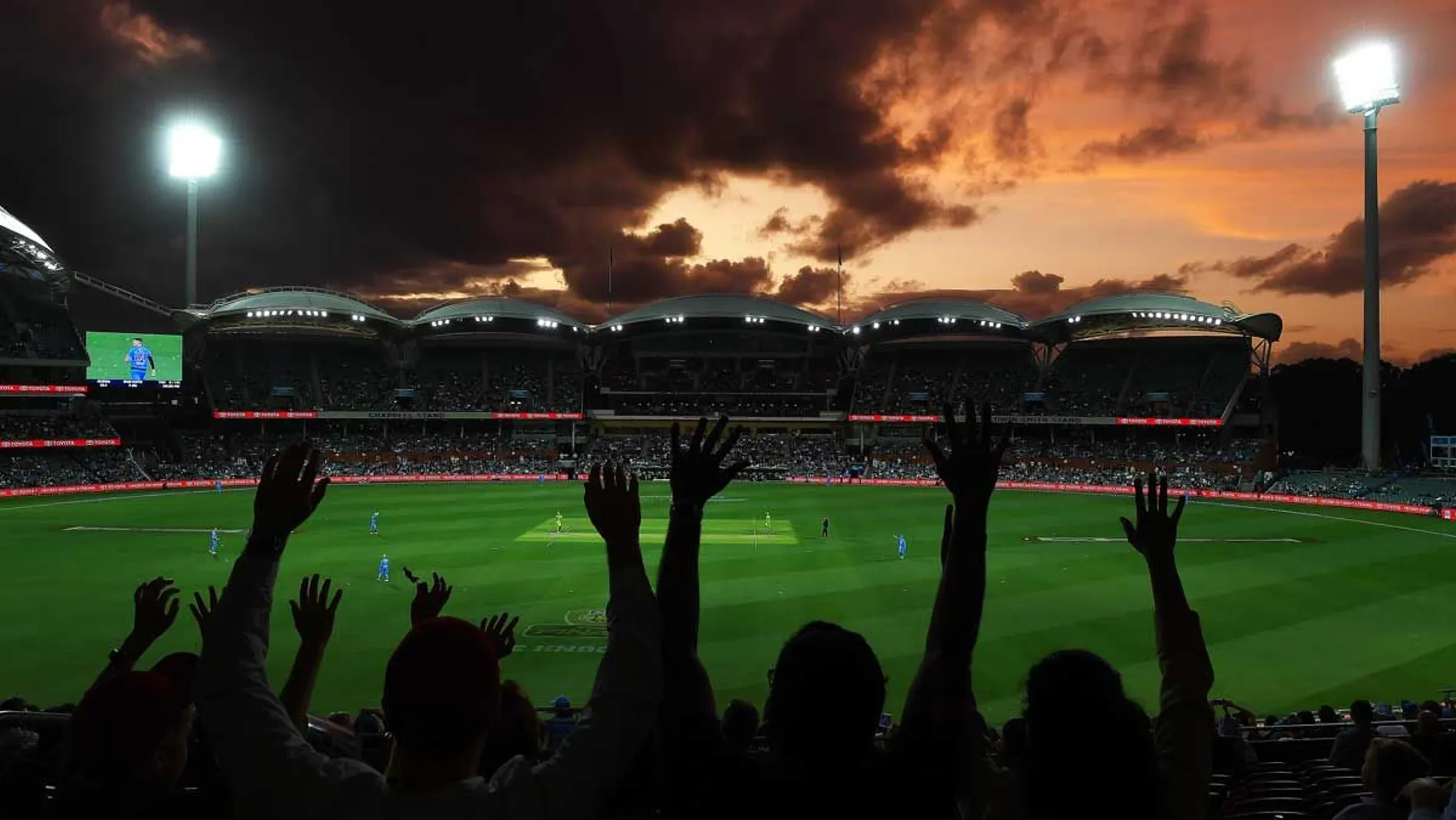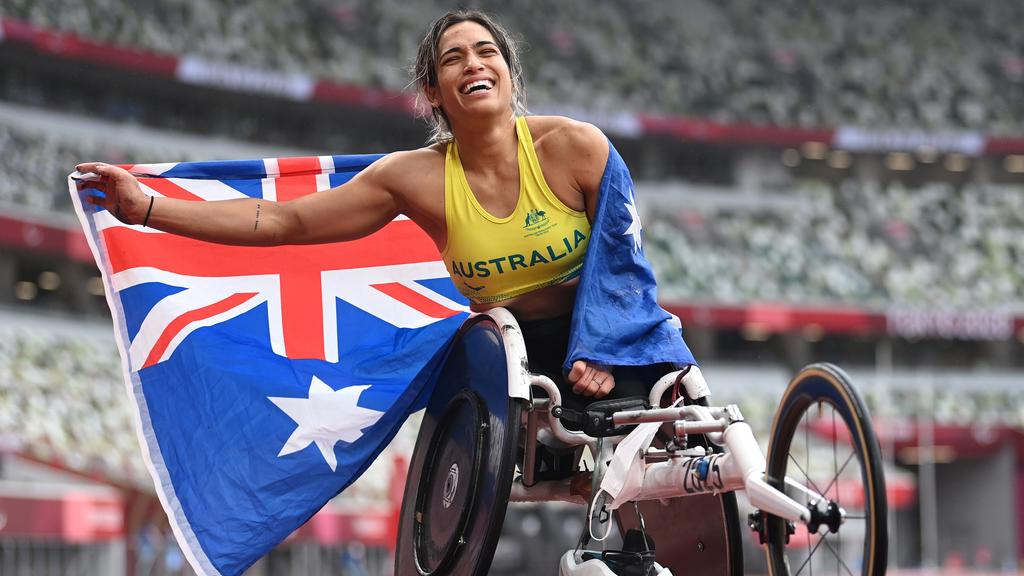[mkdf_dropcaps type=”normal” color=”#f55549″ background_color=””]I[/mkdf_dropcaps]
n an exclusive interview with Ministry of Sport, PricewaterhouseCoopers (PwC) Australia director, Hugo Harris, discussed the barriers stopping esports from successfully rivalling traditional sports.
Harris said the Australian esports market has suffered by the ‘lagging’ connectivity, and investors fears of not seeing an immediate return on investment.
“The issues people have with esports is the emotional connection that it drives,” Harris told Ministry of Sport.
“Now it is a growing market, and I think it will start to rival a lot of the traditional sports, I don’t think it’s going to [overtake traditional sports] in the near future, because there’s generations of fans behind sports and it’s what you grow up with.
“There needs to be an adjustment of what’s socially acceptable in sports, I think esports still has a negative connotation assigned with the traditional image of a gamer.
“People don’t want to be openly associated with that at the moment, and that needs to change,” he said.
When asked about what the Australian esports market needs to do to thrive, Harris said connectivity needs to improve.
“If you look at the Australian market, esports is being held back massively by poor connectivity,” Harris said.
“Obviously 5G is being rolled out and Telstra have just hit some extremely high speeds.
“I think as 5G becomes more prevalent, then Australia will really be able to compete at a global scale, but at the moment, NBN is not sufficient to deliver the low latency connections that are needed for successful esports.
“It is also going to be hit back by Riot Games.
“I think Riot have really dented the industry by pulling out, but also by stating it’s not a sustainable market for esports at the moment.
“That’s going to really impact investment coming in, and I think what I would say, is it shouldn’t deter people, because it now represents a massive white space opportunity for people to come in and really grow a market, and I think that’s really done through partnerships.
“There should be partnerships with Telstra, with Optus, with the Telcos to really drive this, and I think there should be government participation in esports representation, because Australia really represents the perfect test-bed for companies before going out to the wider world,” he said.
Talking about the monetisation value of esports, Harris said the potential is what drives investment currently, with very limited potential for immediate return on investment.
“I think people are scared about the monetisation aspects of esports,” Harris said.
“It’s something you need to go into with a mindset of ‘we’re going in it to build data, a massive database of our fans, the fanatics, the gamers themselves’, and then work out how to monetise it afterwards, based on what they’re seeing.
“That’s a scary prospect for investors; they want to go in it and see a clear monetisation strategy from day one and they want to start getting returns.
“And especially in the current market where you can’t have the mass scale events which pull in big crowds, there’s no immediate monetisation options, and that scares people,” he said.







